
Regal Theater in Concord is closing Thursday
After Thursday’s 7:30 p.m. showing of “Kung Fu Panda 4,” the Regal Cinema on Loudon Road will close for good, ending 28 years of multiplex movies on The Heights in Concord and marking the latest step in the redevelopment of the Steeplegate Mall.What’s...

With less than three months left, Concord Casino hasn’t found a buyer
At the start of the year, Concord Casino was ordered to close its doors and sell the business within six months, but, so far, no buyers have stepped forward to acquire the establishment.“There’s been no change in the status of the Concord facility,”...
Most Read
 Regal Theater in Concord is closing Thursday
Regal Theater in Concord is closing Thursday
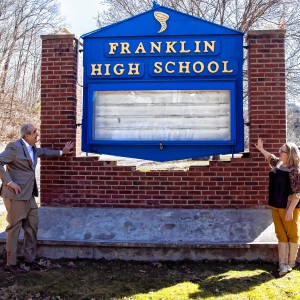 Former Franklin High assistant principal Bill Athanas is making a gift to his former school
Former Franklin High assistant principal Bill Athanas is making a gift to his former school
 Another Chipotle coming to Concord
Another Chipotle coming to Concord
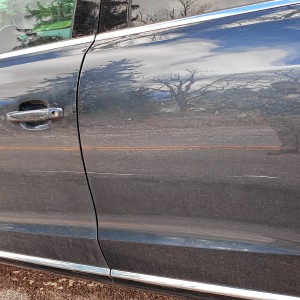 Vandals key cars outside NHGOP event at Concord High; attendee carrying gun draws heat from school board
Vandals key cars outside NHGOP event at Concord High; attendee carrying gun draws heat from school board
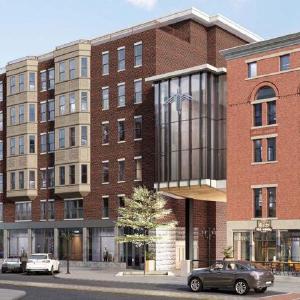 Phenix Hall, Christ the King food pantry, rail trail on Concord planning board’s agenda
Phenix Hall, Christ the King food pantry, rail trail on Concord planning board’s agenda
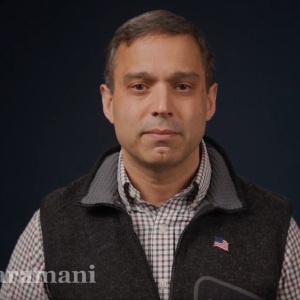 On the Trail: New congressional candidate spotlights border, inflation, overseas conflicts
On the Trail: New congressional candidate spotlights border, inflation, overseas conflicts
Editors Picks
 Concord martial arts studio builds life skills far beyond combat
Concord martial arts studio builds life skills far beyond combat
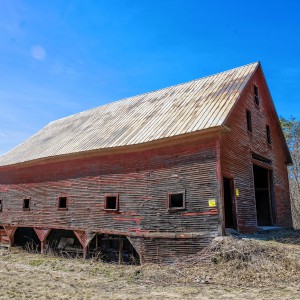 Red barn on Warner Road near Concord/Hopkinton line to be preserved
Red barn on Warner Road near Concord/Hopkinton line to be preserved
 Hometown Hero: Quilters, sewers grateful for couple continuing ‘treasured’ business
Hometown Hero: Quilters, sewers grateful for couple continuing ‘treasured’ business
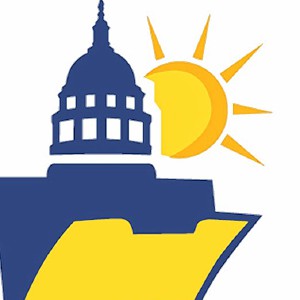 Searchable Concord salary database: Top earners include more police, fewer women
Searchable Concord salary database: Top earners include more police, fewer women
Sports

Baseball: Concord makes eight errors but shows reasons for optimism in wild extra-inning loss
CONCORD – Committing eight errors and allowing 10 unearned runs isn’t often a formula for winning baseball games.Concord’s 15-10, 11-inning loss to Manchester Central-West (1-2) on Monday night was no exception to that rule, but given how close the...
 High schools: Monday’s baseball, softball, lacrosse and tennis results
High schools: Monday’s baseball, softball, lacrosse and tennis results
 Obiri, Lemma claim Boston Marathon
Obiri, Lemma claim Boston Marathon
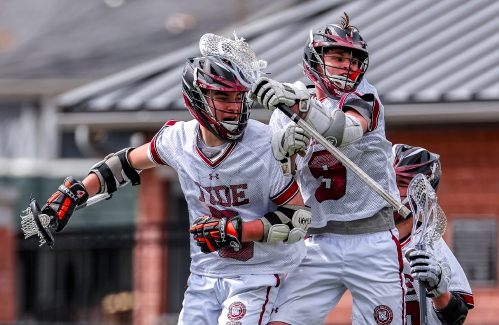 High schools: Concord boys’ lax earns first win, plus more weekend results
High schools: Concord boys’ lax earns first win, plus more weekend results
 High schools: Wednesday and Thursday’s results
High schools: Wednesday and Thursday’s results
Opinion
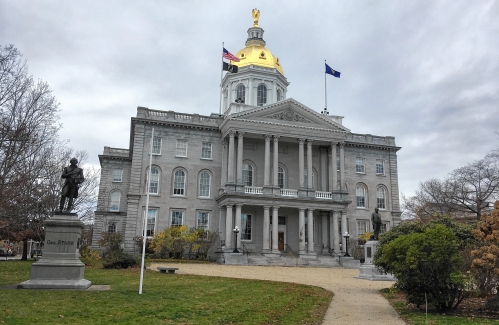
Opinion: Proposed height zoning change for Concord’s Main Street
Steve Duprey is the owner of the Duprey Companies The proposed zoning change to allow a 90-foot height building on Main Street, in appropriate cases, where the current zoning limits the height to 80 feet, makes sense and should be adopted. First, a...
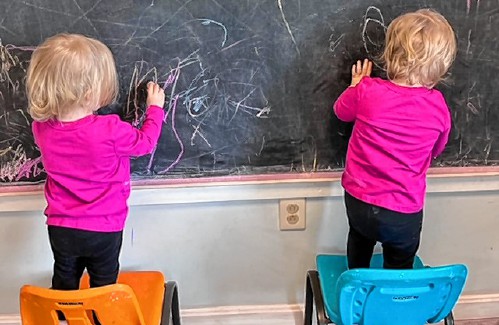 Opinion: How our twin toddlers turned our lives (and chairs) upside down
Opinion: How our twin toddlers turned our lives (and chairs) upside down
 Opinion: New Hampshire, it’s time to drive into the future
Opinion: New Hampshire, it’s time to drive into the future

Politics

Sununu says he’ll support Trump even if he’s convicted
As jury selection begins this week in the hush-money trial of former President Donald Trump, New Hampshire Gov. Chris Sununu says he doesn’t believe many voters view Trump’s criminal indictments, his actions on Jan. 6, 2021, or his election denialism...
 NH mayors want more help from state on homelessness prevention funds
NH mayors want more help from state on homelessness prevention funds
 Two democrats with parallel views run for same State Senate seat
Two democrats with parallel views run for same State Senate seat
 House passes bill removing exceptions to state voter ID law
House passes bill removing exceptions to state voter ID law
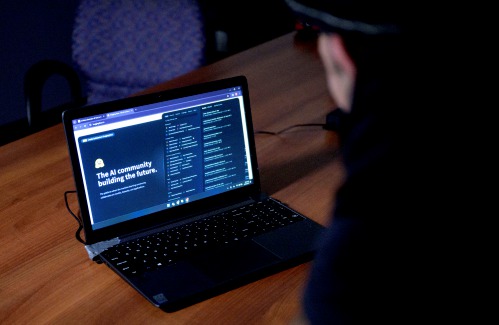 League of Women Voters suing over AI robocalls sent in NH
League of Women Voters suing over AI robocalls sent in NH
Arts & Life

NH Furniture Masters present new member show this spring
The NH Furniture Masters are pleased to feature the work of three new members in our spring exhibition: Dan Faia, Mike Korsak, and Philip Morley. This exhibit celebrates the creativity and dedication of our newest members and brings together a diverse...
 Vintage Views: The greatest factory that never was
Vintage Views: The greatest factory that never was
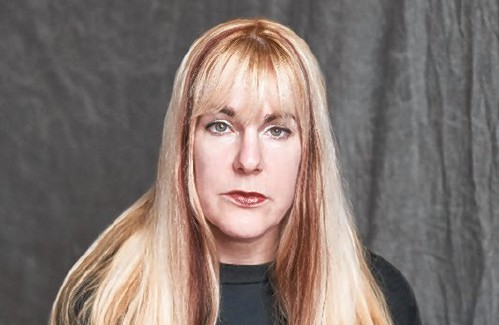 Inspired by Robert Frost, New Hampshire Poet Laureate Jennifer Militello has achieved her childhood dreams
Inspired by Robert Frost, New Hampshire Poet Laureate Jennifer Militello has achieved her childhood dreams
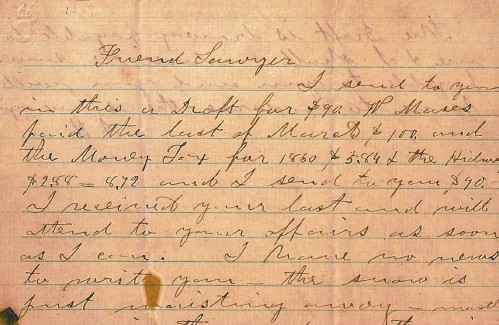 From the archives: Civil War brewing
From the archives: Civil War brewing
Obituaries
 Jane A. Haskell
Jane A. Haskell
Boscawen , NH - Jane A. Haskell, 95, died peacefully on Saturday April 13, 2024, at Merrimack County Nursing Home. She was born in Dover, NH, the daughter of Amy (Towle) and Harold Brow... remainder of obit for Jane A. Haskell
 Patricia L. Hews
Patricia L. Hews
Concord, NH - Patricia L. Hews passed away peacefully on April 3, 2024. "Pat," as she was known by most, was born on November 30, 1931 in Dover-Foxcroft, Maine. She is the daughter to Marga... remainder of obit for Patricia L. Hews
 Candice Myatt
Candice Myatt
Rochester, NH - Candice E Myatt, 74 of Rochester NH, formerly of Barnstead NH passed away unexpectedly on Wednesday evening at her home. She grew up in Weare NH with her father Carl Hoyt Sr... remainder of obit for Candice Myatt
 Darla Jean Welcome
Darla Jean Welcome
Penacook, NH - Darla Jean Welcome died very unexpectantly on Friday April 7, 2024. Darla was predeceased by her husband Dean Welcome and father David Randlett Jr. She is survived by her mot... remainder of obit for Darla Jean Welcome

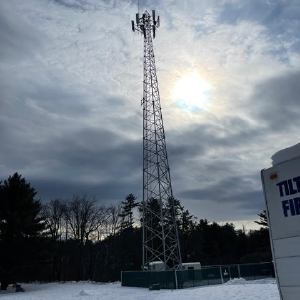 Hooksett’s new tower could improve coverage in Bow
Hooksett’s new tower could improve coverage in Bow
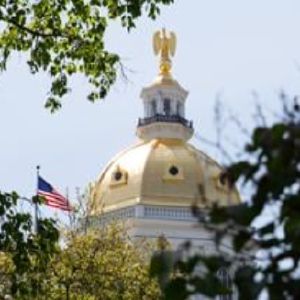 Rare bipartisan gun bill gets NH Senate hearing
Rare bipartisan gun bill gets NH Senate hearing
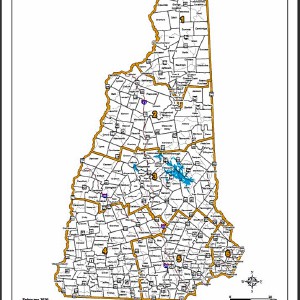 Wildfire season is here: Concord at moderate risk; high risk further south
Wildfire season is here: Concord at moderate risk; high risk further south
 Court: Communities can’t reject solar on looks, property value fears alone
Court: Communities can’t reject solar on looks, property value fears alone
 Mayors say need is growing for state homelessness prevention funds
Mayors say need is growing for state homelessness prevention funds
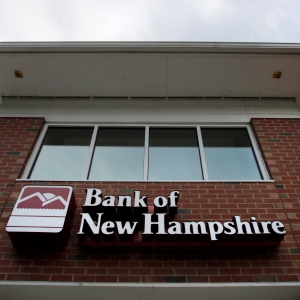 Opinion: Bankers have the NH Public Deposit Investment Pool in their sights
Opinion: Bankers have the NH Public Deposit Investment Pool in their sights
 High schools: Tuesday’s track, baseball, softball, lacrosse and tennis results
High schools: Tuesday’s track, baseball, softball, lacrosse and tennis results
 Boys’ lacrosse: With a different level of energy and focus, MV feels primed for success
Boys’ lacrosse: With a different level of energy and focus, MV feels primed for success
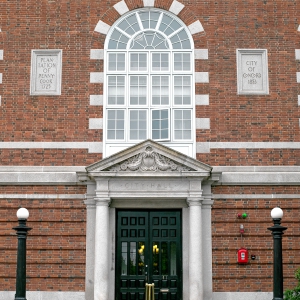 Concord city-schools committee revived, will meet for first time in 2 years
Concord city-schools committee revived, will meet for first time in 2 years

 Opinion: Members of NH Jewish community write letter to NH congressional delegation
Opinion: Members of NH Jewish community write letter to NH congressional delegation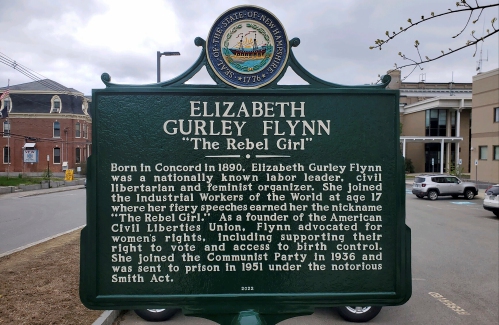 Opinion: Whatever a court decides, Elizabeth Gurley Flynn retains an important place in American labor history
Opinion: Whatever a court decides, Elizabeth Gurley Flynn retains an important place in American labor history Sunapee Kearsarge Intercommunity Theater presents ‘Olympus On My Mind’ in April
Sunapee Kearsarge Intercommunity Theater presents ‘Olympus On My Mind’ in April
